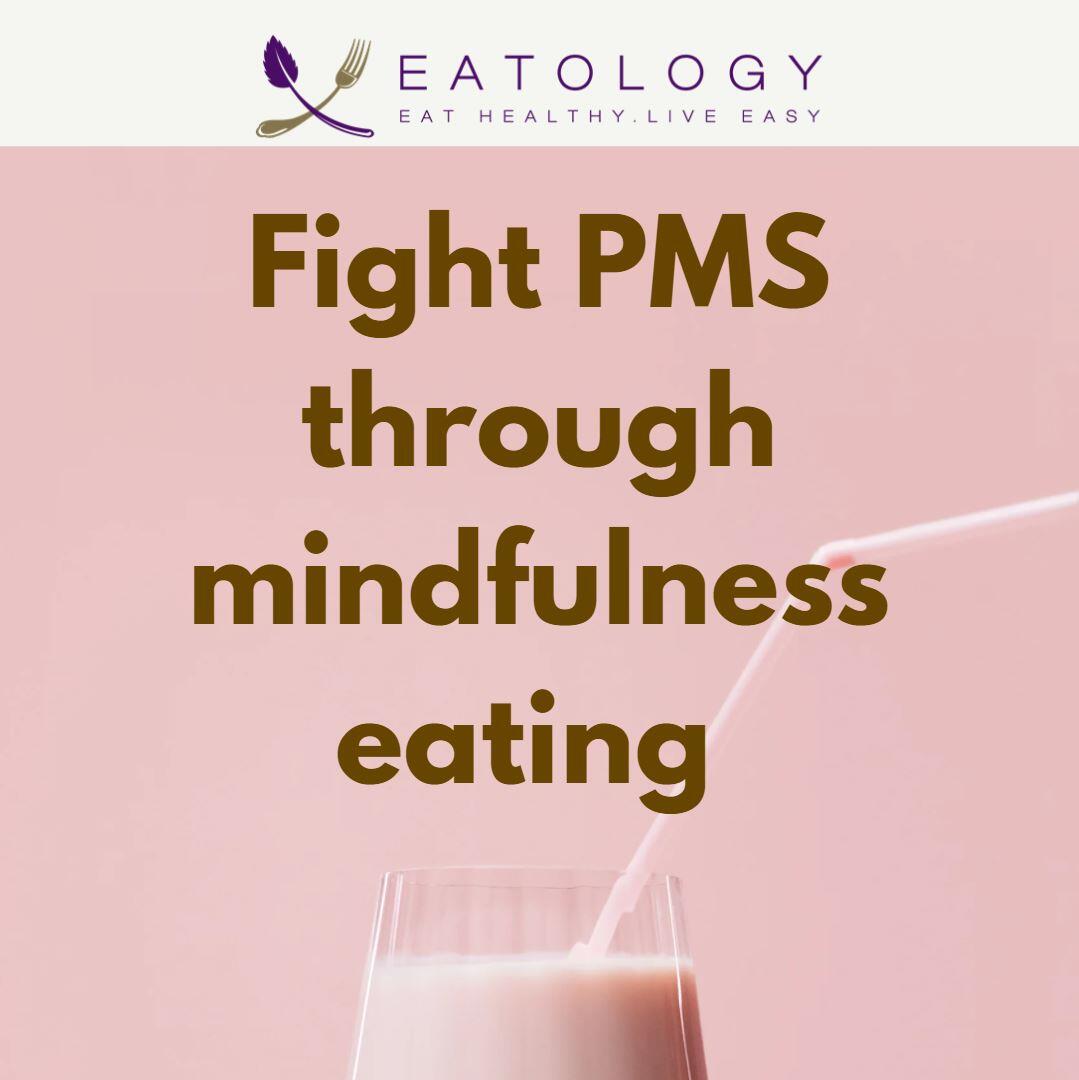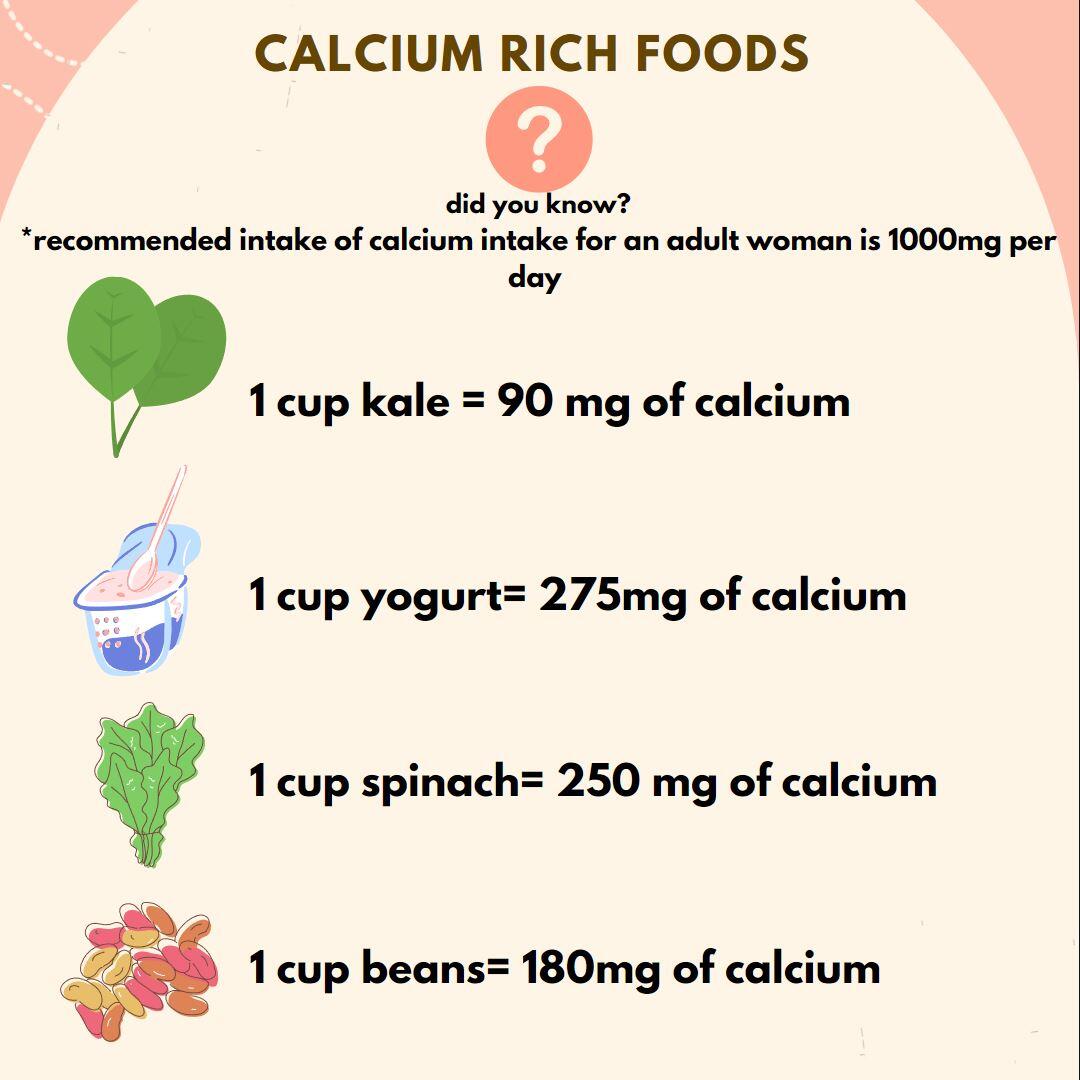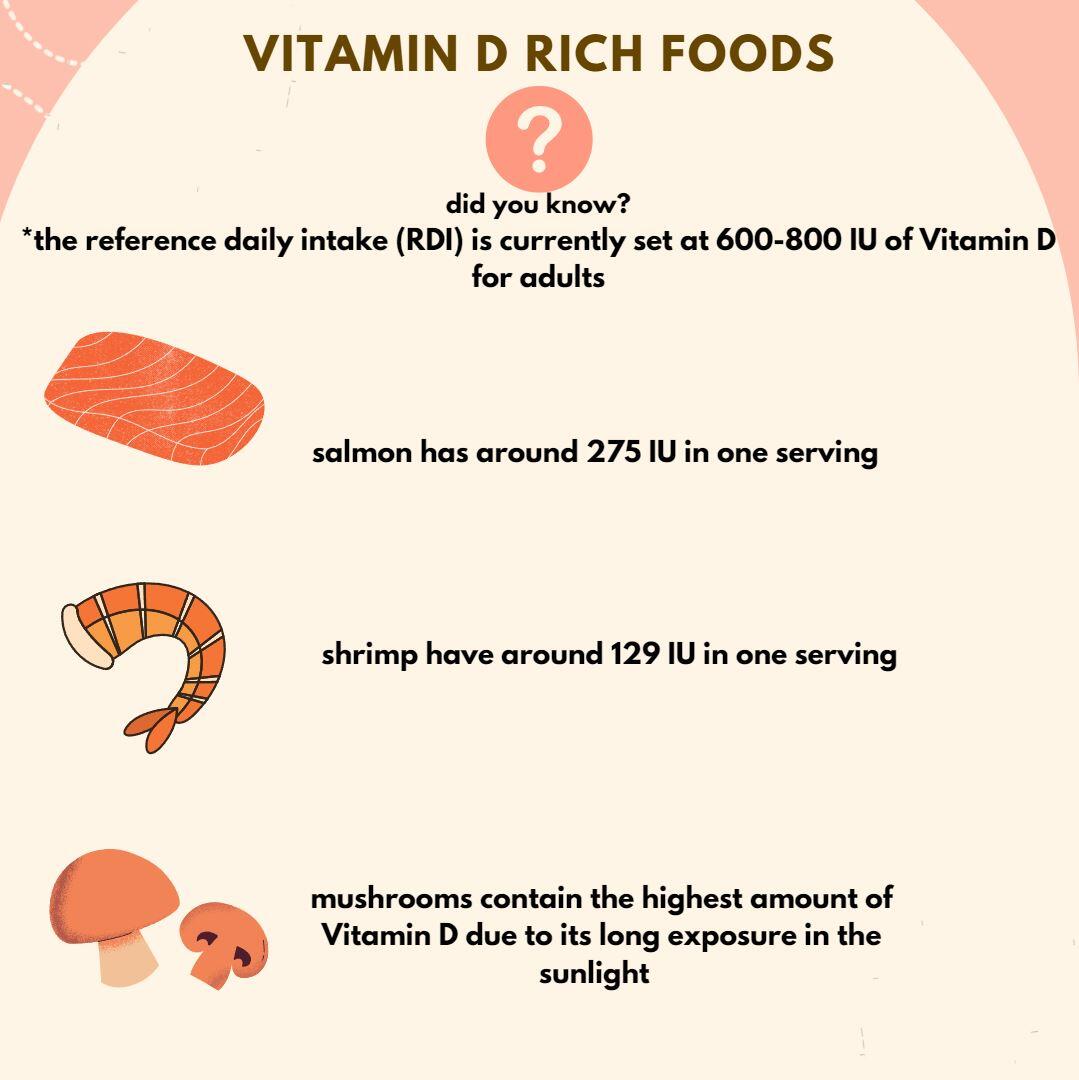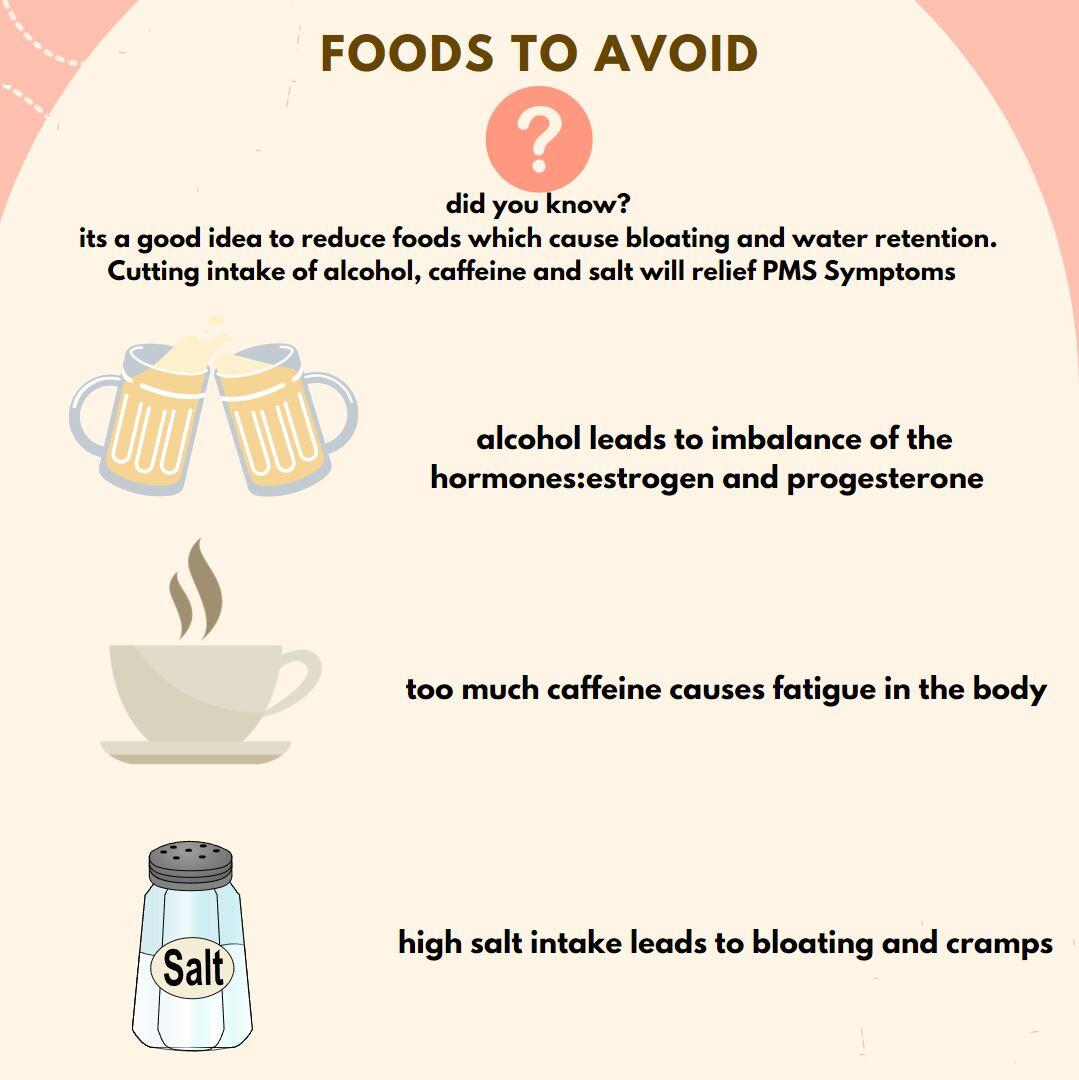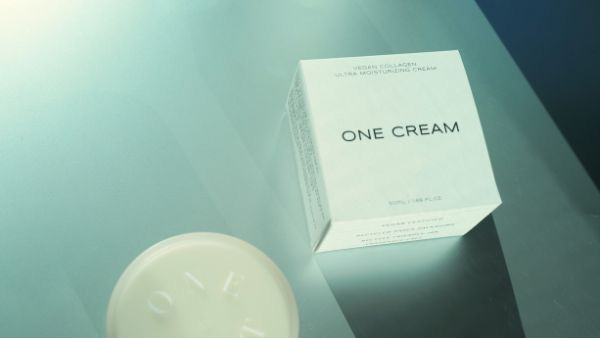Balancing your hormones through just a minor shift in your diet.
Find out ways to relieve symptoms of PMS or even say goodbye to it!
What is PMS?
PMS (premenstrual syndrome) is the name for the symptoms women may experience in the weeks before their period. PMS occurs during the luteal phase of the menstrual cycle, which begins after ovulation and lasts about 14 days, ending with menstruation if an egg has not been fertilized.
Though the cause of PMS is still unknown, it is often related to the fluctuation of hormone levels during the menstrual cycle. Both physical and emotional symptoms tend to recur, varying in their intensity, they may include:
- Cravings
- Mood swings
- Anxiety
- Joint pain
- Abdominal pain or cramps
- Headaches
- Bloating
- Problem sleeping
Through mindfulness eating, it can help relieve these syndromes which may affect your daily performance. Simply shifting your diet combined with moderate exercise and staying hydrated goes a long way ! Have a read below on the suggestions!
Foods to fight PMS:
- Whole GrainsFoods such as brown rice, oatmeal, barley fuels your body and are categorised as low GI foods which help you feel full longer, and optimises your performance either at work or exercising instead of feeling drowsy. Swapping processed grains such as white bread with these will help balance your insulin levels, and avoid those cravings kicking in!
- Vitamin B-6
Did you know that your body cannot produce Vitamin B-6 and you must obtain them from foods or supplements? Research has found that Vitamin B6 helps with emotional symptoms related to PMS due to its role in creating neurotransmitters that regulate mood. Eggs are a great source of Vitamin B-6 and you need two eggs only to have 10% of the recommended daily value for vitamin B-6. - Calcium
Calcium levels may change during your menstrual cycle. Incorporating more foods rich in calcium may help balance your hormonal changes. It also aids with mood swings and anxiety which are commonly experienced during PMS. A 30-year old woman is recommended to have 1000mg calcium intake per day.
Calcium rich foods include yogurt, leafy greens( kale, spinach), beans. Here’s an example of food combinations you can incorporate in your diet:
- Vitamin D
Vitamin D is an essential nutrient for the body as it aids calcium absorption and supports the growth and mineralisation of bones. The Reference Daily Intake (RDI) is currently set at 600-800 IU of vitamin D for adults, based on the U.S. National Academy of Medicine’s recommendations. Intaking more Vitamin D dense foods help relieve lower back and joint pain symptoms of PMS.
Vitamin D rich foods include mushrooms and seafood and shrimps.
Foods to avoid:
It is a good idea to reduce foods which cause bloating and water retention. Reducing the intake of these foods can help relieve the PMS symptoms such as cramps and irritation in the body. Instead, being more mindful while making food choices to reach a balanced diet is key to maintaining healthy hormonal levels.
Foods to avoid include alcohol, caffeine and high salt foods.
- Alcohol
Alcohol consumption fluctuates the two hormones: estrogen and progesterone. These two hormones impact on the hydration level in the women’s body. Too much alcohol leads to dehydration and imbalance of these hormones. - Caffeine
While caffeine provides energy, it also causes fatigue in the body which worsens the PMS syndromes. Try to limit your caffeine intake to no more than 400 mg a day , which appears to be safe for most healthy adults. - Salt
Too much salt leads to bloating and water retention in the body, thus worsens PMS symptoms such as cramps and discomfort. Focus on whole and unprocessed foods to combat taking excess salt in the body! We often overlook the salt intake when we dine out at restaurants.
Lastly, it is just as important to live a balanced lifestyle with moderate exercise and at least 7-9 hours of sleep per night. Your diet and nutrition play a role in managing PMS. Smart food choices like egg, mushroom and spinach quiche are available on our Lighter Delights Meal plan. Eatology hopes these little tweaks to your diet and lifestyle may help fight away PMS Syndrome!
